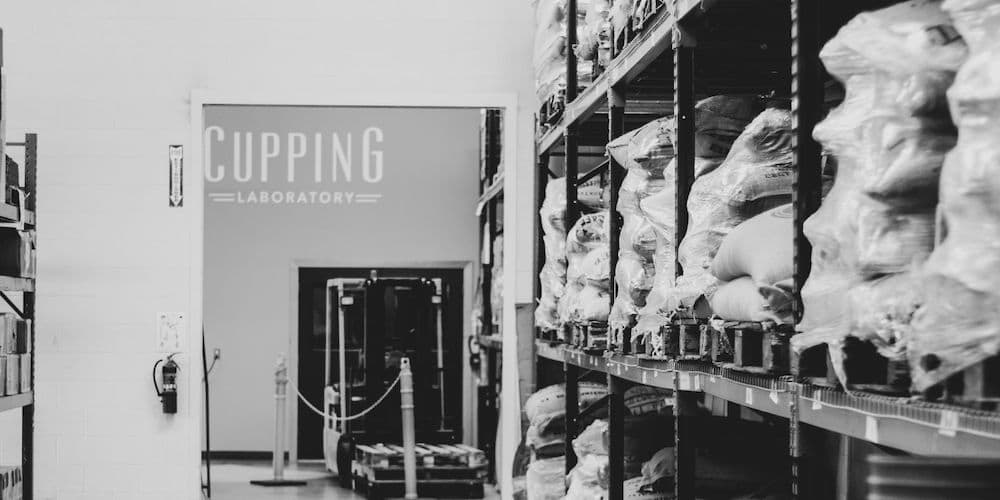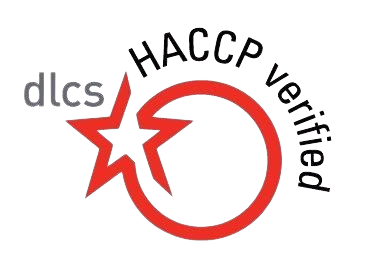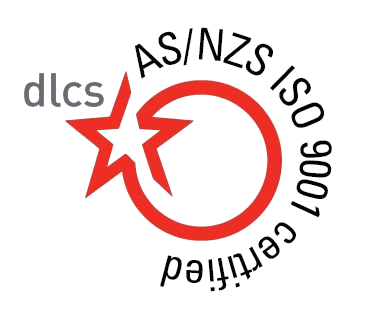In the food industry, managing allergens is crucial to ensure consumer safety and comply with regulatory standards. Allergens are substances that can cause allergic reactions in susceptible individuals, ranging from mild symptoms to severe anaphylaxis. With the increasing prevalence of food allergies, particularly in countries like Australia, it is imperative for food businesses to implement effective allergen management strategies.
Understanding Food Allergens
Food allergens are proteins found in certain foods that can trigger immune responses in individuals with allergies. Common allergens include milk, eggs, peanuts, tree nuts, soy, wheat, fish, and shellfish. In Australia, the Food Standards Code mandates the declaration of these allergens on food labels to protect consumers.
Best Practices for Allergen Management
- Ingredient Control and Supplier Verification Establishing robust systems to verify the allergen status of ingredients is essential. This includes obtaining allergen declarations from suppliers and conducting regular audits to ensure compliance. Implementing a traceability system allows for quick identification and withdrawal of products in case of an allergen-related issue.
- Segregation and Physical Separation To prevent cross-contact, allergens should be stored and handled separately from non-allergenic ingredients. Dedicated equipment and utensils should be used for allergen-containing products, and production lines should be scheduled to minimize the risk of cross-contamination.
- Thorough Cleaning Procedures Implementing stringent cleaning protocols is vital to remove allergen residues from equipment and surfaces. This includes using appropriate cleaning agents and validating cleaning effectiveness through swabbing and testing. Regular cleaning schedules and staff training are essential components of an effective cleaning program.
- Staff Training and Awareness Educating employees about the importance of allergen management and their role in preventing cross-contact is crucial. Training programs should cover topics such as allergen identification, handling procedures, and emergency response protocols. Regular refresher courses and assessments can reinforce knowledge and practices.
- Allergen Testing and Validation Regular testing of finished products and environmental surfaces helps verify the effectiveness of allergen control measures. Utilizing validated testing methods ensures accurate detection of allergen residues and supports compliance with regulatory requirements.
- Clear Labeling and Communication Accurate and clear labeling of allergens on food products is essential for consumer safety. The Food Standards Code requires specific allergen declarations, and businesses should ensure labels are updated with any changes in ingredients or formulations.
Regulatory Compliance and Industry Standards
In Australia, food businesses must comply with the Food Standards Code, which outlines requirements for allergen labeling and management. Additionally, adopting industry standards such as the VITAL® (Voluntary Incidental Trace Allergen Labelling) program can provide guidance on assessing and managing allergen risks.







